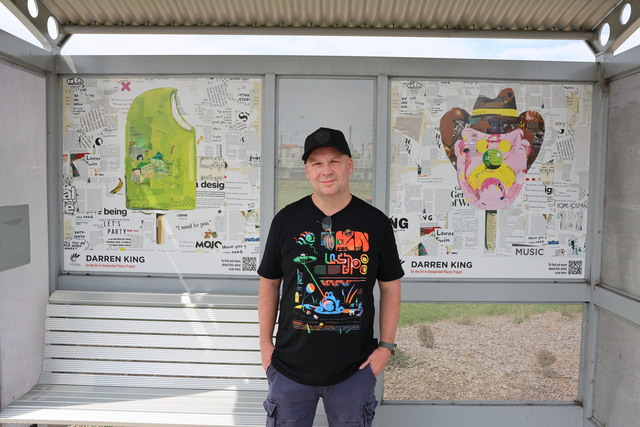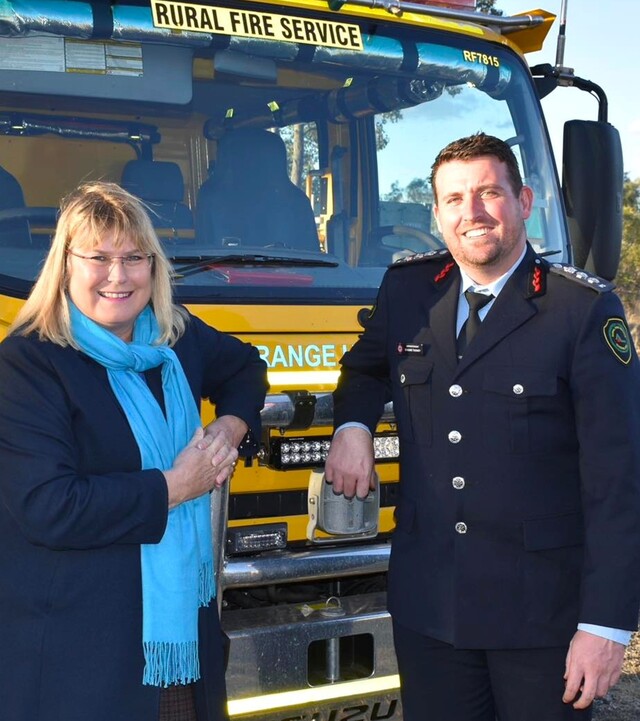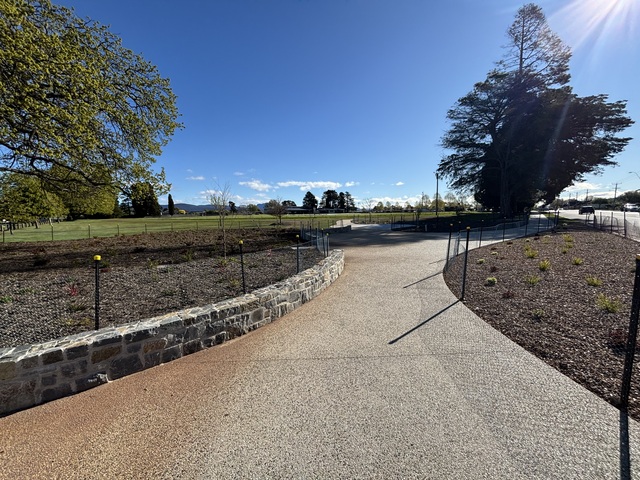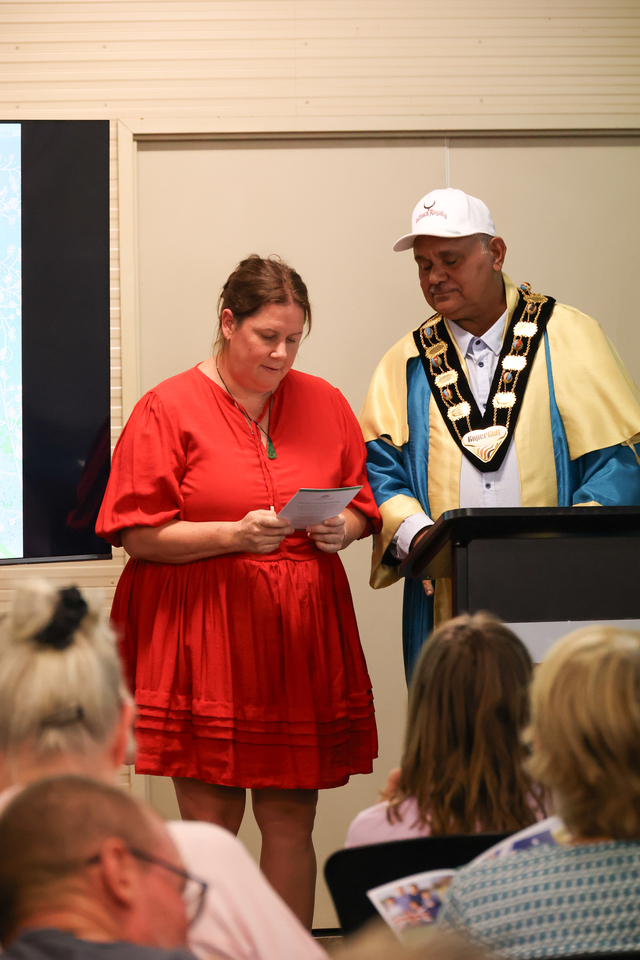An interview with Andrew Paxton, Manager Sustainability, Knox City Council, Victoria
With climate change and environmental sustainability continuing to be big ticket items into the future, Knox City Council’s Manager Sustainability, Andrew Paxton, said the key is to plan for and get residents and staff thinking about the effects now, rather than later.
“Getting people to think about the effect of their actions before they make them is essential to making a difference,” he said.
“To begin with, we need to make everyone aware of their usage so that we can reduce demand.
“Waste and recycling is a great place to start and is critical to reducing emissions.
“At Knox, we are trying to put some of the responsibility back on manufacturers. To do this, we are working with the community to improve their purchasing and recycling practices.
“We are getting information out to residents through Council’s GreenLeaf program, which involves business and community workshops on what can and can’t be recycled, what can go into a worm farm and so forth.
“Recently, we also initiated shopping tours where we accompany groups of residents at local supermarkets, encouraging them to look at what they are buying, where it comes from, how it is packaged and how ethical it is.
“For example, if one brand is double packaged in plastic and a box, and another brand of the same product is wrapped once in plastic, we would encourage the residents to purchase the less resource intensive product.
“We also encourage people to think about where products are made – a third world energy intensive sweat shop or an average paying factory here in Australia.
“Changing people’s thought processes to think about these issues before they purchase can reduce waste altogether, rather than having to fix the problem through recycling later on.”
Andrew Paxton said this thought process should also be used for council projects and operations, where the effects of climate change, such as sea level rise, extreme weather events and temperature increase, must be considered in project planning phases rather than as an afterthought.
“We need to create the capacity to deal with climate change issues,” he said.
“For example, Knox has an issue with high density living, where temperatures are generally four degrees warmer than other suburbs where high density living exists.
“Council is putting structure plans in place now to determine how we can design future activity centres without adding to this issue.
“We are looking at things like shading to keep buildings cool, water reuse, and construction in a way that will allow breezes to pass through and cool buildings down before the next hot day.
“Not only will this make spaces more liveable, but it will reduce energy consumption from things like air conditioning and lighting.”
Having experienced two ‘one in 100 year storms’ in the last five years, Knox is also working with developers in new estates to encourage them to install water tanks and storage to reduce runoff and peak flows.
By spreading storage over several smaller points rather than large basins, outflows and the chance of flood are reduced if heavy rains occur.
This can also save councils money, eliminating the need for upgraded drainage, while also enabling large scale water reuse.
Andrew Paxton said councils should credit developers for good initiatives such as these, encouraging them to work at the same standard for future projects.
Similarly, he said that council staff should also be recognised for their day to day actions and successes.
“You must make the issue real with staff – show them what it means to be sustainable and the difference it can make,” Andrew Paxton said. “Talk through initiatives with staff, accommodate their concerns, and put a dollar value on the savings small changes can make.
“Knox’s marketing team works hand in hand with the Sustainability Department to get good news stories out into the workplace and to ensure that the wording and images we use to talk to different staff is appropriate for them to understand.
“By involving all staff in project development, they will gain ownership and feel as if they own the solutions, making them more inclined to follow through on them.”
Andrew recently worked with Council’s Fleet Manager to develop a policy for creating a more sustainable fleet.
This means that in the future, the Sustainability Department won’t need to be involved in choosing every vehicle purchase, but can be assured that environmental specifications are being considered.
This has empowered the Fleet Department to think about the decisions they make and feel confident in choosing their own vehicles.
Andrew Paxton said it is crucial to celebrate these successes and any differences made.
“Environment is such a big issue and we need to celebrate the small wins, as well as the milestones,” he said. “Acknowledge that a shift of any kind has been made by pausing and reflecting.
“You may not be where you want to be, but it is important to recognise that you are moving towards it.”







